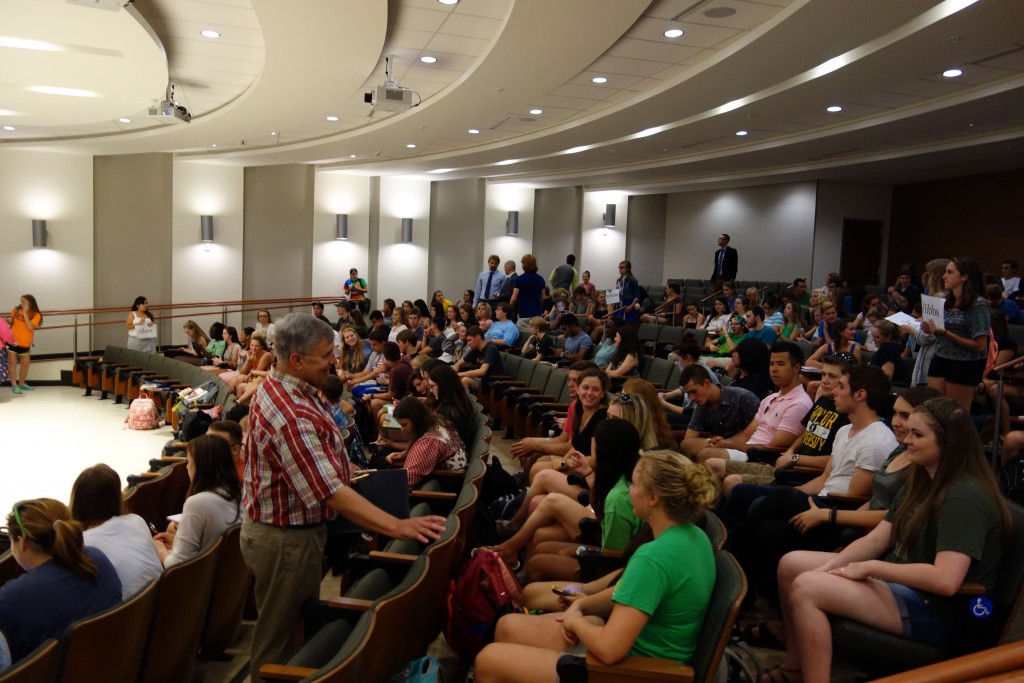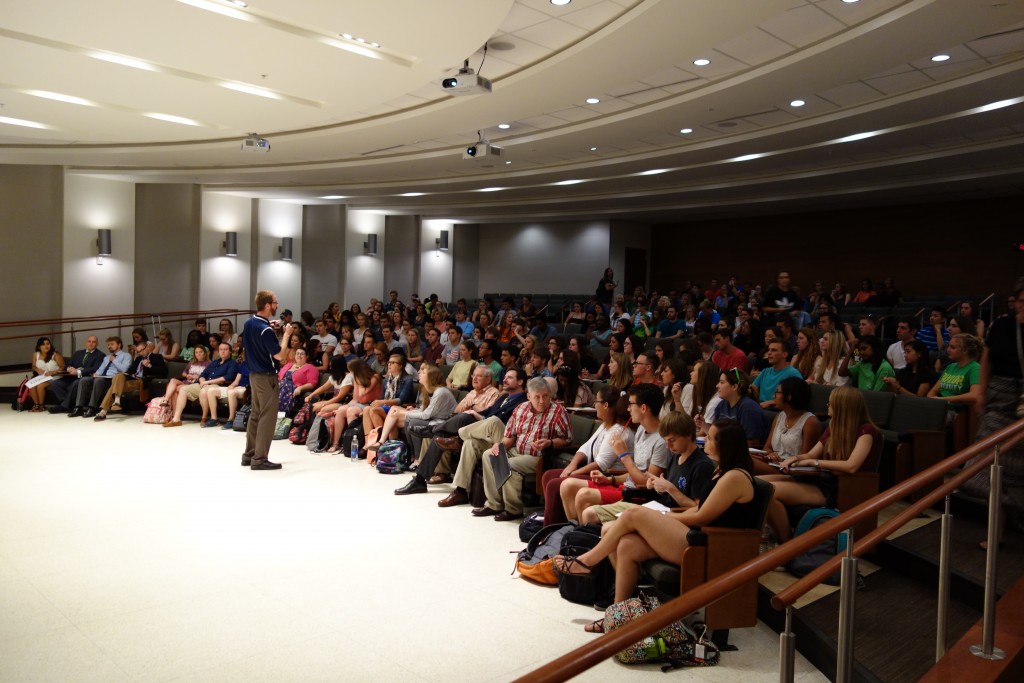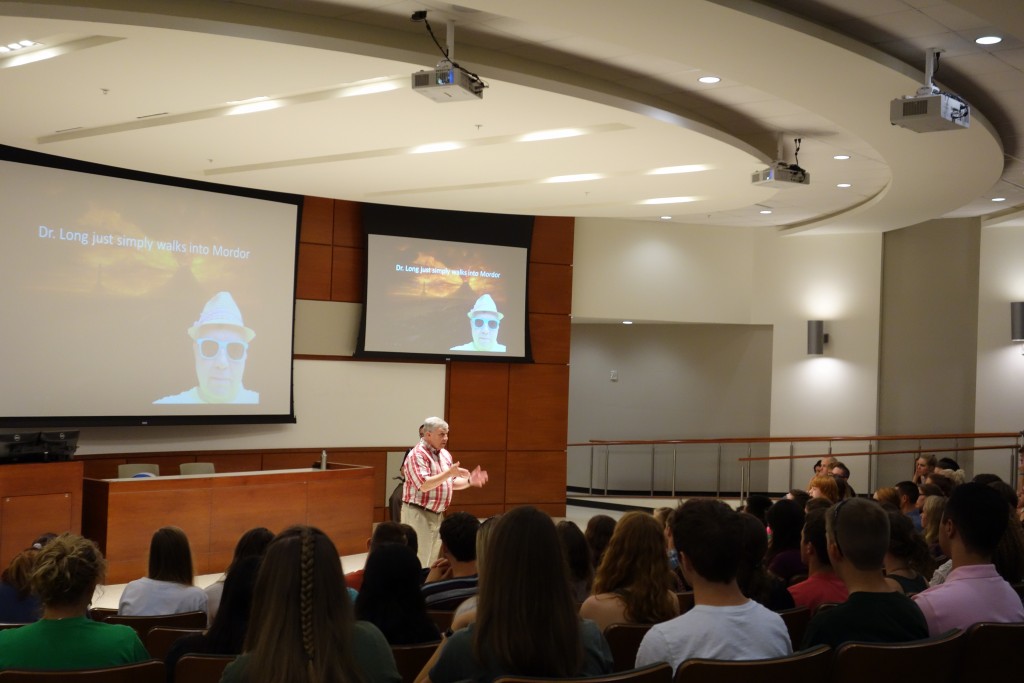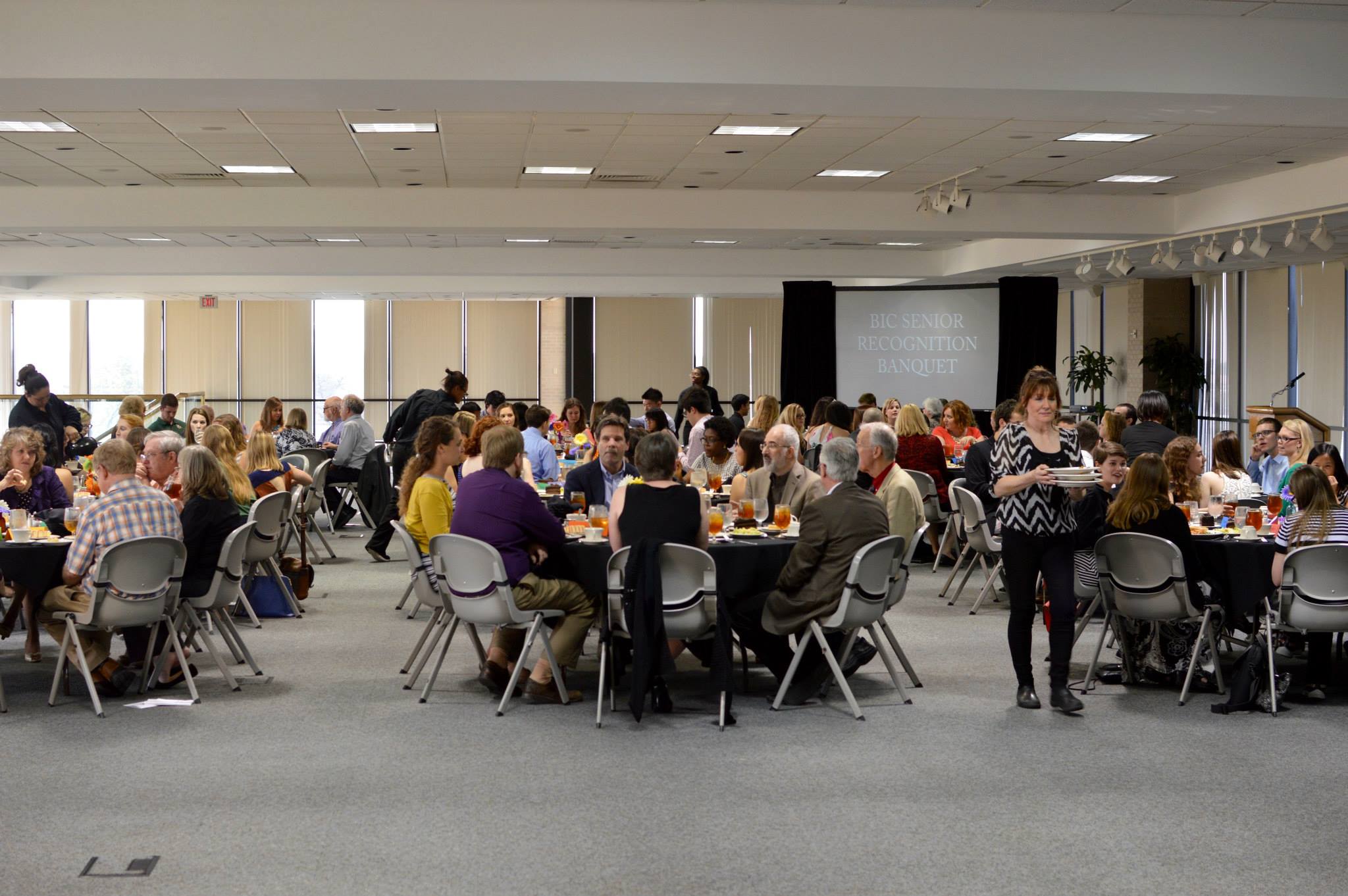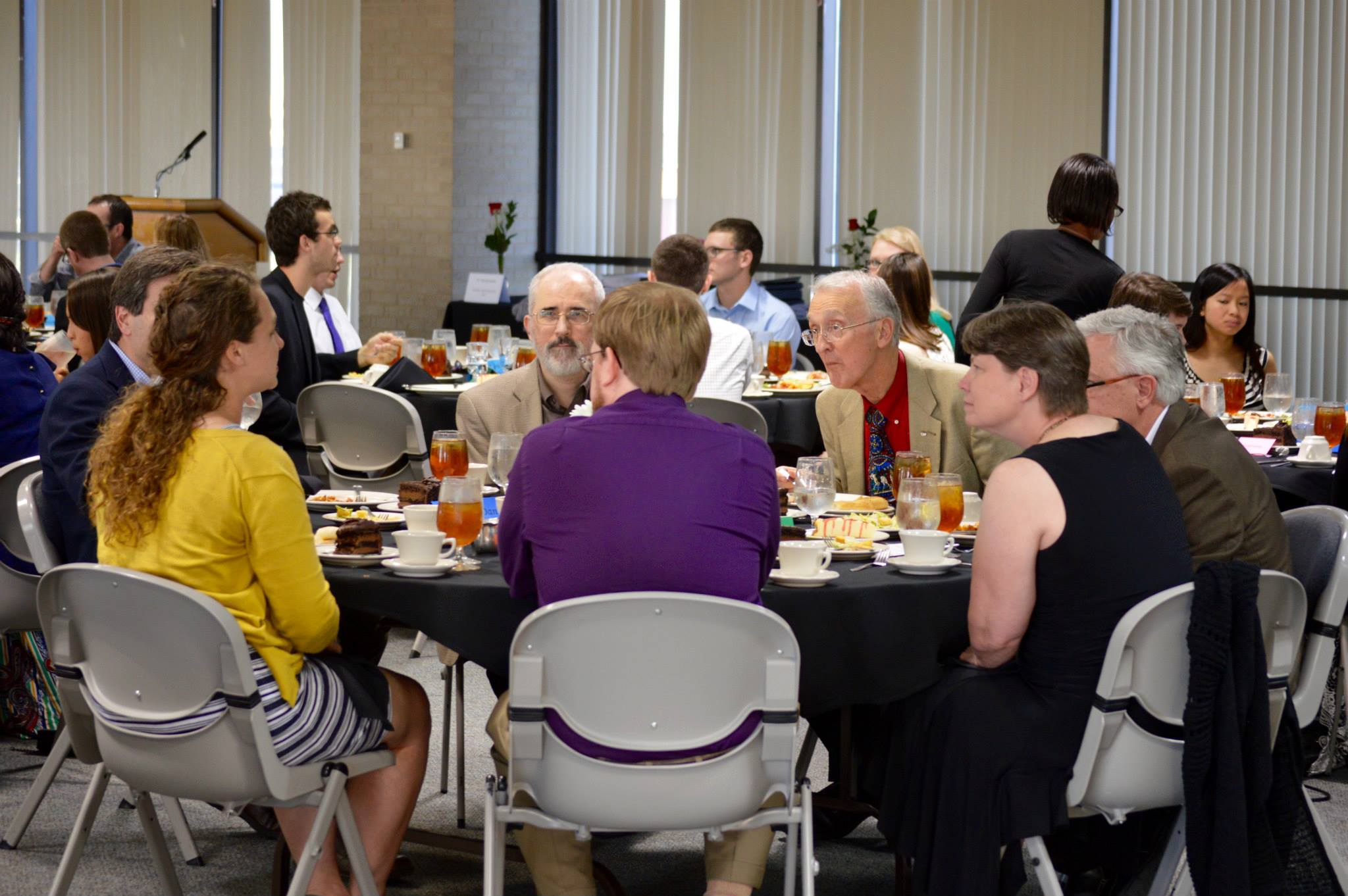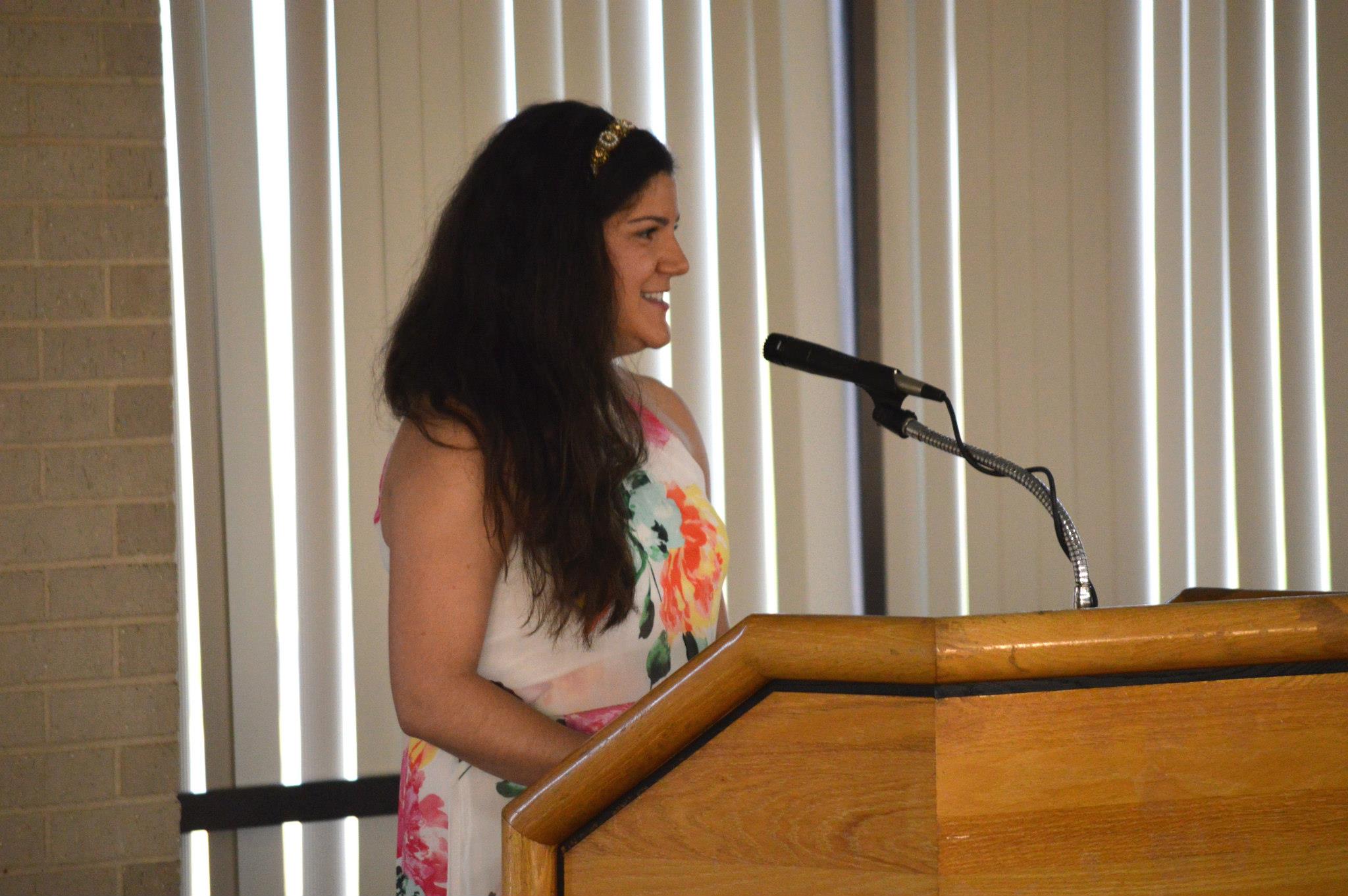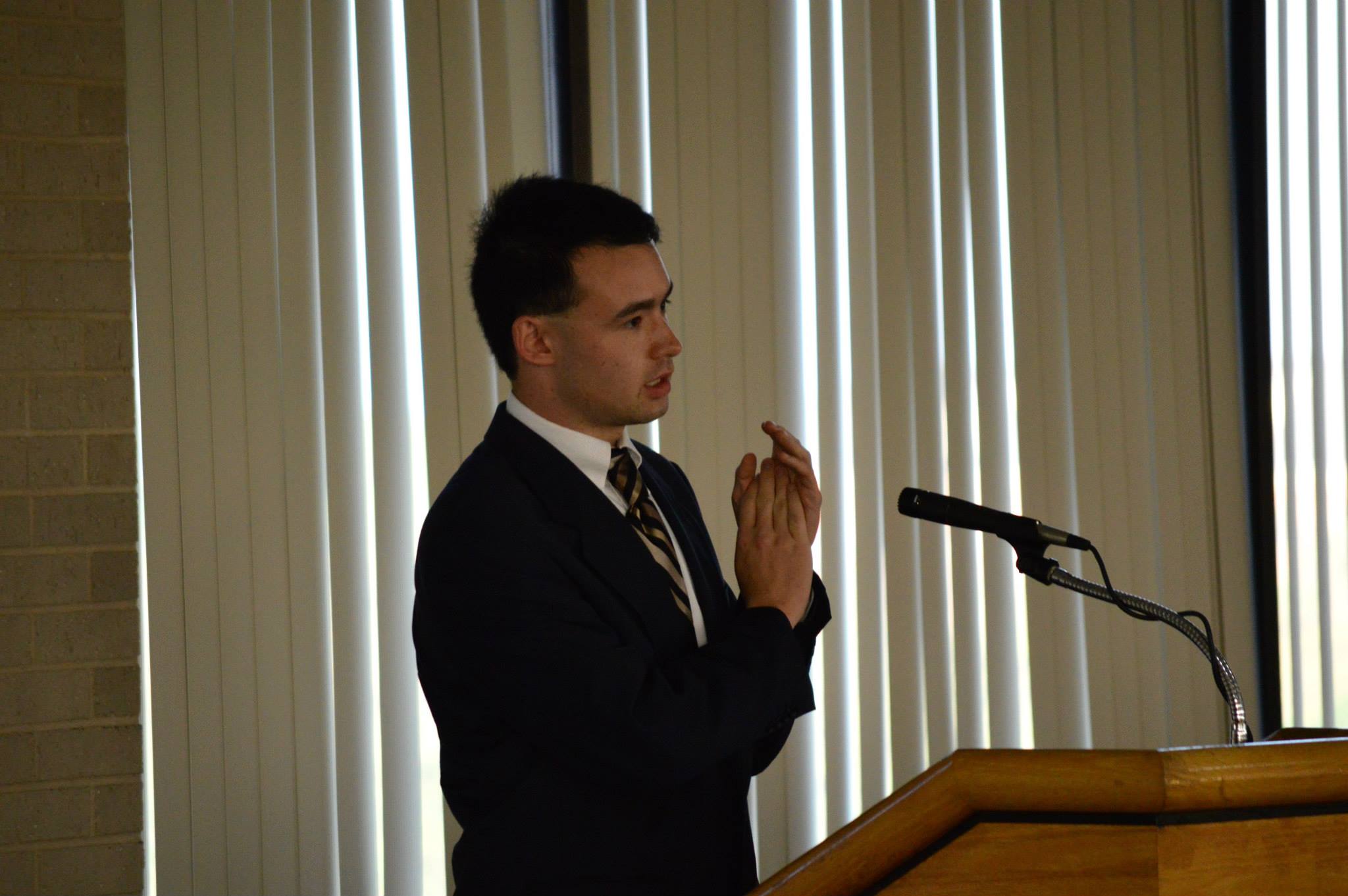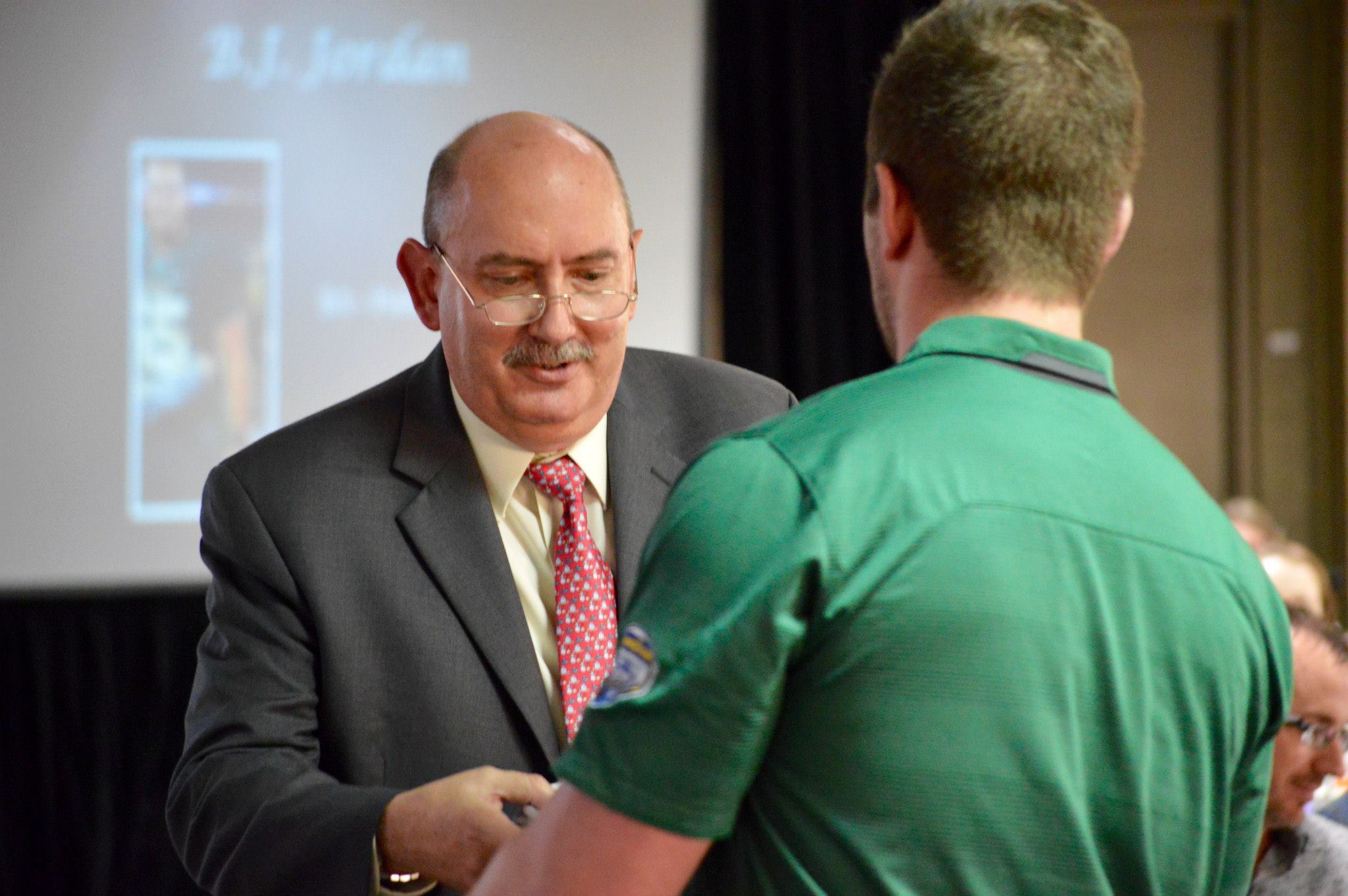With each year that passes there are more and more BIC graduates doing great work all over the world. At least once each year we hope to publish brief “Alumni Updates” where our alumni can tell us some about their post-BIC lives. In addition to these annual updates, we are posting interviews with some of our alumni. This month we are excited to post an interview with Dr. Omoniyi Omotoso (’00). This interview was conducted by Clarissa Charles (’15), current BIC student. We hope you enjoy, and if you are interested in being interviewed for a future blog post, email us at BIC@baylor.edu.

What year did you graduate from Baylor? What did you study and what extra curricular activities did you participate in?
I’m in the Class of 2000 with a Bachelor of Arts degree in Biochemistry. My activities included organizations such as the premedical Honor Society (AED) where I became an officer and partook in the creation of the African Students Association (ASA) as well as Baylor soccer club.
When did you feel called to be a physician and/or a pediatrician?
I was leaning towards the discipline by the time I graduated from high school, and while at Baylor University I found a few opportunities to observe physicians in the clinic setting. At that point, my plan was to pursue family practice or internal medicine. It was much later in my 3rd year of medical school training that I shifted focus towards pediatrics.
What led you to pursue a Masters in Public Health, and how do you feel it has benefited the way you practice medicine?
While a medical student, I developed an interest in public health but was unsure of its applicability from a career standpoint. After finishing residency training and starting an Infectious Diseases fellowship, I realized what I needed. MPH training provided the knowledge of how public health policy can impact population-based health measures, and various avenues for participating which I was previously unaware of.
How would you sum up your average workday as a pediatrician, and what do you find most rewarding about your career?
The majority of my work is based in community health clinics where I am a general pediatrician and we utilize an electronic health record (EHR) system. Typically patients are scheduled for 15-minute time slots starting at 8:45am through 12:45pm and then 1:30pm to 4:30pm. My assigned medical assistant greets the patient, family members then checks the measurements (weight, length/height, temperature, blood pressure, pulse and/or pulse oximetry) then places them in a room. Once ready, I proceed to talk to the family and examine the patient. After I make my diagnosis, I discuss plans with the family and if needed recommend vaccines/medications/subspecialty referrals using EHR.
A typical clinic day consists of regularly scheduled checkups such as newborn babies, infants for routine immunizations and older children’s annual physical examinations. In addition, some slots are reserved for sick patients and sports physical exams. We try to limit the need for our patients to go to Urgent Care clinics and/or Emergency Department for acute care.
The most rewarding part is the consistent daily opportunity to interact with families during the clinic visit and over time build relationships and foster connections to ensure everyone – patients and parents/caregivers – are healthy and have access to services (medical and otherwise).
What would you consider your greatest passion in life to be?
Pediatrics as a whole. I truly enjoy working with each family as a unit, advocating on their behalf when appropriate and ensuring they have full access to healthcare and other resources.
What goals or dreams do you have for your future?
I’m already living part of my dream as I work in community health clinics with underserved minority patient populations. I would still like to further apply my public health training initially locally within the city/county and eventually with international organizations such as World Health Organization projects in sub-Saharan Africa.
What aspect of BIC did you most enjoy during your time at Baylor?
The greatest value of the BIC program was the opportunity to learn from both faculty and fellow students in diverse disciplines which I would have missed in a traditional biochemistry curriculum. I was able to appreciate literature, history and sociology in unique ways. Equally important, I created some lifelong friendships that remain active to this day with my BIC classmates and some of the professors as well.
Has your BIC education influenced your post-graduate life?
BIC education enabled a more well-rounded and worldly-educated mind through which I continue to explore disciplines outside of medicine and also apply back to my field.
Do you have any advice for current BIC students?
Enjoy the BIC experience and expand on what you learn into a lifelong learning process.
Finally, feel free to share a favorite Baylor memory.
I still remember going to football games and standing in the rain with friends and other students despite the losing. Such camaraderie. Sic em bears!!!



